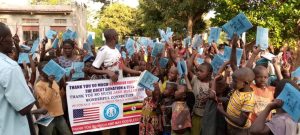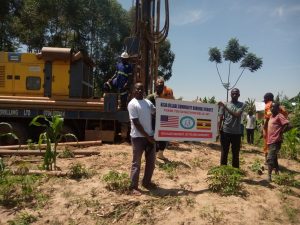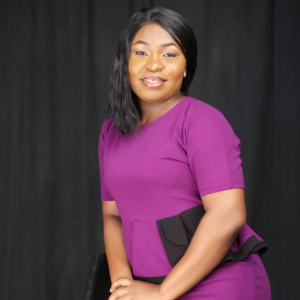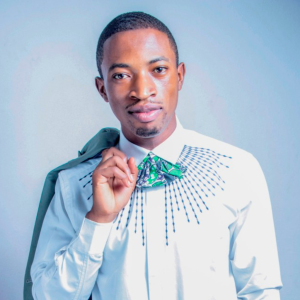Growing up in a rural area of Africa, and perhaps anywhere in the world, is a challenging experience. It’s a period when you may not fully grasp the extent of the struggles around you until a momentous event brings it into sharp focus. For me, that moment came when I missed the registration for the National Primary Leaving Examinations because I couldn’t afford the $2 fee. To compound matters, my mother fell seriously ill and was hospitalized for nearly a year. As the eldest child, I took on the responsibility of caring for my siblings while my father traveled over 30 kilometers daily to visit my mother. Thankfully, my mother eventually recovered, but I had already missed my chance to take the primary exams.

Around the same time, presidential election campaigns were in full swing in Uganda. One candidate promised free education for all children if elected, a program that resonated deeply with many struggling families like ours. The incumbent president also embraced this initiative after winning, and the following year, I had the opportunity to sit for my Primary Leaving examinations and progress to secondary school.
However, secondary education came with its own set of challenges, notably higher fees. Unable to afford the $13 per term required for my education, I dropped out for the second time after just one year in school. For the next three years, I engaged in various endeavors, from farming to selling charcoal and other small-scale businesses, to save money for my return to school. During this time, I realized the extent of poverty not just in my family but also in our entire community. We often lacked sufficient land for farming and had to rent land, paying after the harvest, or beg from those with larger plots.

After three years of hard work and sacrifice, I still hadn’t saved enough to return to my previous school, so I sought admission to a more affordable day school near my community, which cost around $6 per term. I also decided to skip a grade to expedite my progress and complete my secondary education. In 2002, I joined Paya Secondary School in Senior Three, bypassing Senior Two. In 2003, I took my final exams, passing all ten subjects.
However, my excitement was short-lived as moving on to Advanced Level brought increased fees and requirements, including tuition fees of approximately $31. Undeterred, I continued to fight for my dream of completing my education. To secure funds, I took odd jobs, borrowed from relatives, and even spent a month in the village uprooting cassava to sell and cover registration fees.
Despite my financial struggles, I managed to register for the Uganda National Advanced Certificate of Education. I became a registered student with the Uganda National Examinations Body, allowing me to sit for the final examinations, even though I hadn’t fully cleared my tuition.
The struggle continued until I completed the exams in 2005 and received my results in early 2006. I ranked among the top five students in a class of over 120, earning 20 out of 25 points with an (A) in History, (B) in Economics, (C) in Geography, (C) in Divinity, and a Credit 6 in General Paper. My results were published in a national newspaper, and in August 2006, I was admitted to Makerere University in Kampala, where I pursued a Bachelor of Arts in Social Sciences. I later advanced my education to the Master of Arts level in Social Sector Planning and Management at the same institution.

Reflecting on my past, I see a journey through poverty that I am determined to overcome, not just for myself but for my community. I have sponsored three individuals to obtain university degrees, built a permanent home for my parents, educated a nurse, trained a caterer, supported numerous high school students with their fees, founded Development Alert, a community nonprofit organization focusing on empowerment and environmental conservation, provided sewing machines and startup garments to seven youths, drilled a community borehole to supply clean water to over 1,000 people, and supported over 600 needy children with educational supplies. Additionally, I have assisted the elderly with basic necessities.
Life has taught me valuable lessons:
“We have the power to change our family’s destiny.
Progress often depends on helping one another.
Determination is key; no one will help unless they see your commitment.
Every form of support, no matter how small, can make a significant difference in someone’s life. Don’t hesitate to offer help in any way you can.”



